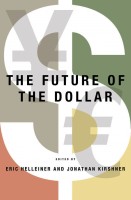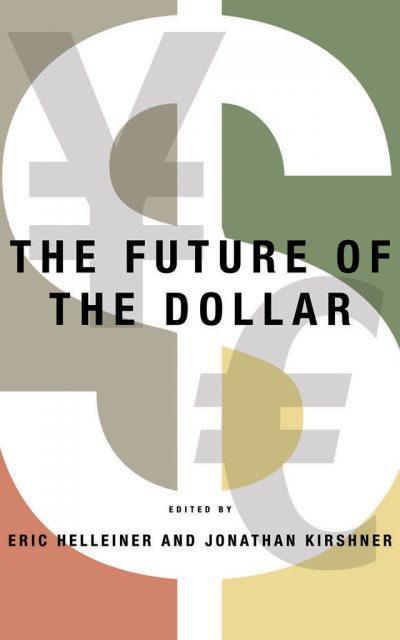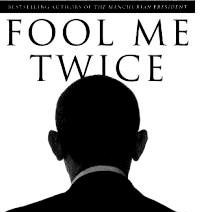 Editors: Eric Helleiner and Jonathan Kirshner
Editors: Eric Helleiner and Jonathan Kirshner
Publisher: Cornell University Press – 250 words
Book Review by: Sonu Chandiram
The editors write that this book began with a single question: What is the future of the United States dollar as n international currency?
The editors invited six scholars to share their views in a set of lectures and a workshop at Cornell University and at the Center for International Governance Innovation (CIGI) in Waterloo in Ontario, Canada
Their purpose was not to come up with a conclusion or a consensus on the future of the dollar: whether it will continue to be the main currency of exchange on a global scale or whether its influence will diminish and be replaced with another currency unit.
Rather, it was to have wide-ranging debates on this issue and its many aspects. As the lecture series began to unfold, there was profound disagreement on the future of the dollar. This book presents those views.
There are basically two camps when it comes to the future prospects of the dollar: there are the optimists on the one hand, and there as the pessimists.
In the concluding chapter (10) of this book, the editors Eric Helleiner and Jonathan Kirshner point out that there are different approaches that people use when discussing, and even projecting the future role of the United States dollar in the global economy.
There are at least three theoretical approaches they enumerate, which are: market-based, instrumental and geopolitical.
Those that are optimistic about the future of the U.S. dollar usually take the geopolitical approach in supporting their dim view of the greenback. They state:
- The relative market-based strengths of the dollar compared to the immaturity of China’s currency, the Renminbi
- The relative free market base of the U.S. financial system versus China’s which is tightly controlled by its government, Japan’s modest-sized economy and the obstacles to complete currency integration in Europe
- The power of inertia in sustaining the U.S. dollar order and broad worldwide appeal
- Long, stable history of the dollar in international trade and commerce.
- Primacy of U.S. military power that supports that country’s economic underpinnings the world over
What about the pessimists on the U.S. dollar – what do they say? They also generally make their case for pessimism from a geopolitical perspective:
- The end of the cold war that led to U.S. unipolarity and unilateralism
- The rise of new centers of economic power, in particular (but not limited to) China and the European Union.
- U.S. government’s relentless deficit-spending and massive debt buildup will cause further erosion in the value of the dollar.
- Doubts on whether the U.S. dollar will continue to play a dominant role in international trade, particularly as a monetary anchor.
- Its ability to “deliver the goods,” namely, perform a dominant role in the international economic order.
Eric Helleiner is Chair in International Governance at the CIGI in Waterloo, Ontario, and Professor in the Department of Political Science at the University of Waterloo.
Jonathan Kirshner is Professor of Government and Director of the Peace Studies Program at Cornell University.






